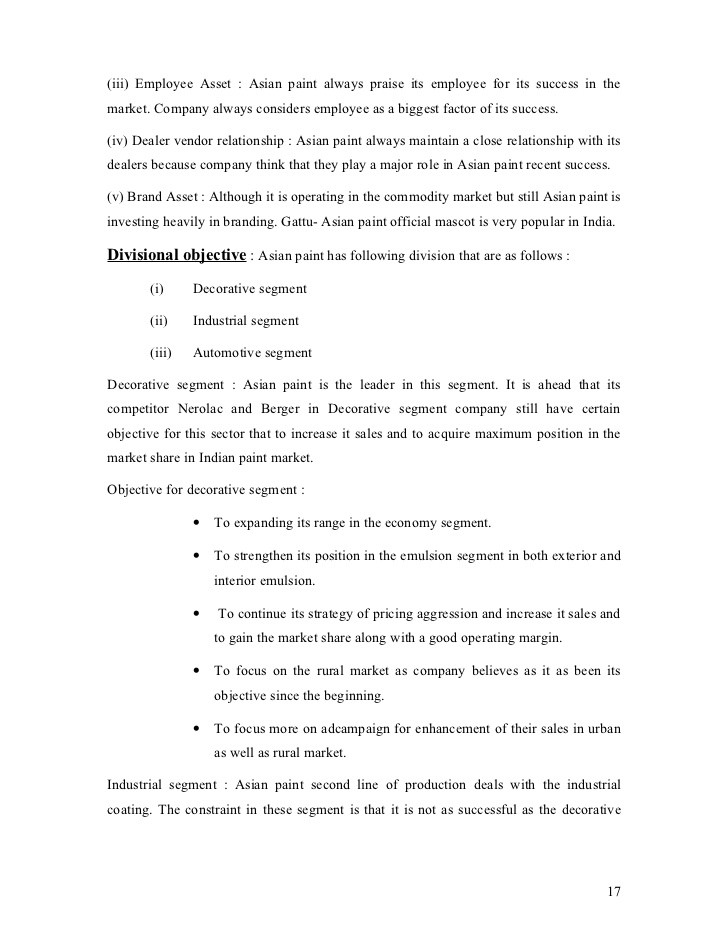Small Caps Boast Big Advantages_2
Post on: 20 Июль, 2015 No Comment

If you take a job in a small, publicly held company, should you expect to earn less than at a large, public company? The surprising answer is no. Compensation survey data shows that a person working in a company with, say, $50 million in annual revenue should be making the same amount as a person doing the same job in a company with $500 million in revenues. The overall job market, not the size of the company, determines the value of the job, said Erisa Ojimba, compensation consultant at Salary.com.
Executives’ pay may be the exception, she said, because of the mix of executives’ pay in small companies. It’s whatever you can negotiate. For example, a CEO and founder is likely to make considerably less in base pay, since he or she will own a relatively large share of the company.
Yet despite the pay parity there are significant differences between working at a large company and working at a small company. The choice between the two paths basically comes down to the tradeoffs between risk and reward.
Advantages include direct impact
Small businesses offer many advantages to their employees. For example, in a small company, all the employees know each other, including the CEO. This can instill a strong sense of togetherness and purpose among employees not found in large companies.
Employees of small businesses have varied duties and are responsible for all phases of their work. Thus, a small-company employee often has more control over his or her work and can contribute more to the company’s strategy.
Plus, if an employee decides something needs to get changed, the employee will know exactly whom to speak to so that the changes can be implemented immediately.
Unlike the typical CEO at a large corporation, small-company CEOs tend to be approachable and available to all employees. This can be particularly helpful if you have an issue or need assistance and it can make you feel like an important part of the company team.
Risks and responsibilities are known up front
There are a few disadvantages to working in a small business as well. If it’s a startup, almost anything can happen, including running low on cash or even failing. Most entrepreneurs and startup veterans can tell stories of the electricity being turned off just hours before a key meeting with investors; or of senior executives collating large mailings because they couldn’t afford to pay temps to stuff envelopes. In an interview with a small company it’s acceptable to ask about the company’s financial position and path toward profitability.
Most small companies cannot afford to offer the same benefits as larger companies, because benefits cost more per employee when you have fewer employees to enroll. In addition, some startups and young companies are skittish about offering benefits that are complex to initiate and difficult to undo if the company should fail. Retirement plans are a good example. So although the total compensation package should be approximately the same as at a larger company, the mixture of cash compensation, benefits, and stock options might be too risky for some employees. Stock options can be a decent, if risky, substitute for a 401(k) plan, but they are a poor substitute for health insurance.
Small companies are exempt from some federal labor regulations that govern larger companies. For instance, companies with fewer than 20 employees do not need to comply with the Age Discrimination in Employment Act and companies with fewer than 50 employees do not have to provide leave for family emergencies. There are, of course, practical reasons for these exemptions. Compliance with these federal mandates can place an onerous burden on a small company and in many cases compliance could severely impact the company’s profitability or even ability to survive.
Another disadvantage is that small companies often provide less training; structured training programs are rare. For this reason, small companies sometimes focus on hiring more skilled workers who can operate better without training or support. During the interview process, find out not just who your boss would be, but also whether there are likely to be any informal mentors at the company.

Also, if you manage people or functions in a small company, you are more likely to be overridden by the CEO. CEOs of small companies sometimes operate like owners and keep their fingers in everything. And of course, they are owners, holding sometimes more than half of the outstanding shares in the company. This tendency to be ultra-hands-on is sometimes called founder’s syndrome. If you are thinking of working in a small company, make sure you ask about the CEO’s style during your interviews.
Another issue is that some big companies undervalue small business experience — a point worth considering if you want to work at a large company later in your career. Many small companies provide excellent opportunities, and some can boost your resume because of the scope of your responsibilities and the ability to measure your contributions more directly.
Questions to ask at an interview with a small business
- What is your pay philosophy? Do you compensate employees at or near market?
- What is the company’s financial position? How many months of cash does the company have? Is it turning a profit? If not, when is it expected to do so?
- What benefits does the company offer? What benefits does the company intend to add over the next year?
- Is there any kind of formal training? If not, how do people in the company learn new skills? Does the company expect to add training to its benefits package as it grows?
- What is the CEO’s style? Does the company culture feature founder’s syndrome?
The best small companies don’t stay small
Some of America’s best companies were recently small companies: America Online, Dell, Home Depot, and Google to name a few. Clearly, working for one with a successful growth strategy can be highly rewarding, especially if you get equity. Small companies offer the potential of a job that can grow as the company grows and the chance to be part of building a business.
- Johanna Schlegel, Editor-in-Chief, and Dwight Ueda, Salary.com Contributor














